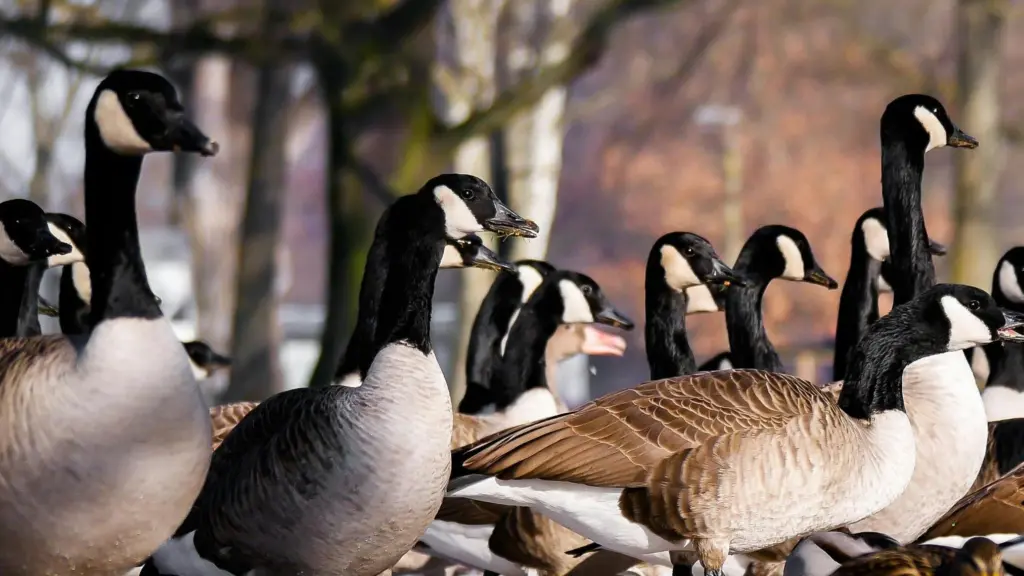COLFAX, WA – Health officials have issued a community health advisory following the detection of avian influenza in wild geese, marking the first confirmed cases of the virus in the county this fall.
While human infections are rare, authorities warn that unprotected exposure to infected animals or contaminated environments increases the risk. Individuals with occupational or recreational contact with wild or domestic birds are considered at higher risk and are urged to take precautions.
Public Advised Not to Handle Sick or Dead Wildlife
Residents are instructed not to approach or touch sick or dead wild animals. Sightings should be reported to the Washington Department of Fish and Wildlife through its online reporting system. Domestic bird illnesses or deaths should be reported to the Washington State Department of Agriculture’s Sick Bird Hotline at 1-800-606-3056.
Protective Measures Recommended
Health officials advise the use of personal protective equipment (PPE) — including N95 respirators, disposable gloves, safety goggles, and rubber boots — when within six feet of sick or dead animals or when cleaning contaminated areas.
For outdoor cleanup of bird droppings, residents should wear gloves and use a disinfectant such as a 1:10 bleach solution or benzalkonium chloride-based cleaner. The treated area should be soaked for 5–10 minutes, wiped with disposable materials, and discarded in sealed trash containers, followed by handwashing.
Food Safety and Hunting Guidelines
Officials caution against feeding pets raw or undercooked animal products and urge the thorough cooking of wild game and other meats. Hunters handling wild birds should wear PPE, avoid contact with bodily fluids, and refrain from eating, drinking, or smoking during processing. Tools and surfaces should be disinfected afterward.
Virus Background
The H5N1 highly pathogenic avian influenza strain, circulating globally since 2022, can spread from wild birds to domestic poultry and backyard flocks. It has also been known to infect wild mammals and domestic pets, particularly cats.
The virus was first detected in Washington wild birds in March 2022 and in backyard flocks two months later. The state reported its first human cases in October 2024. Health authorities emphasize that there is currently no evidence of person-to-person transmission in Washington.
The advisory remains in effect until further notice.





